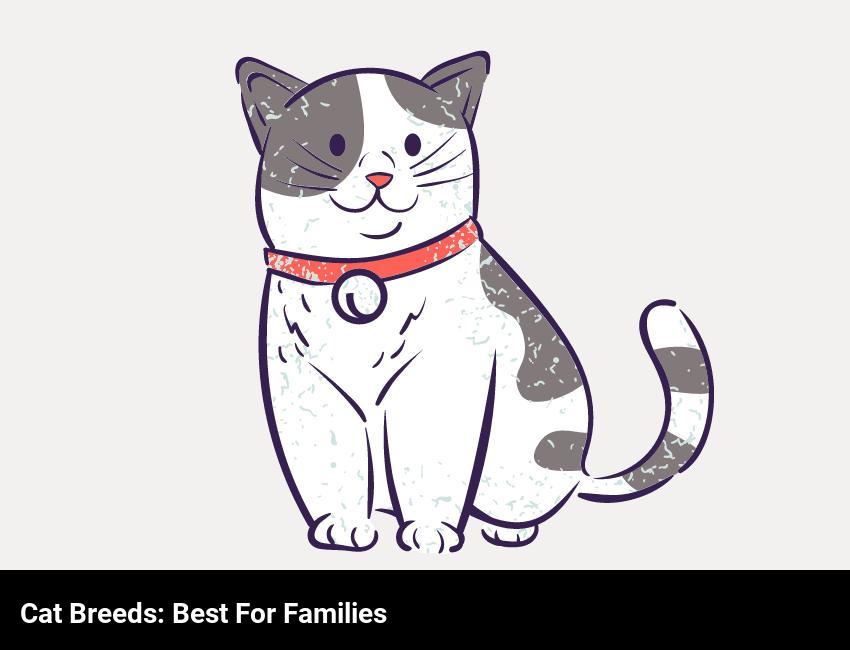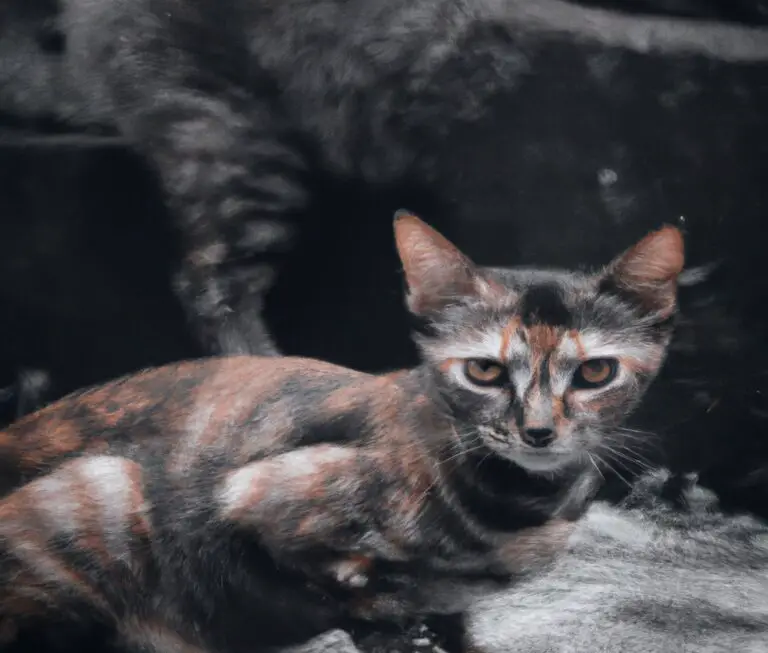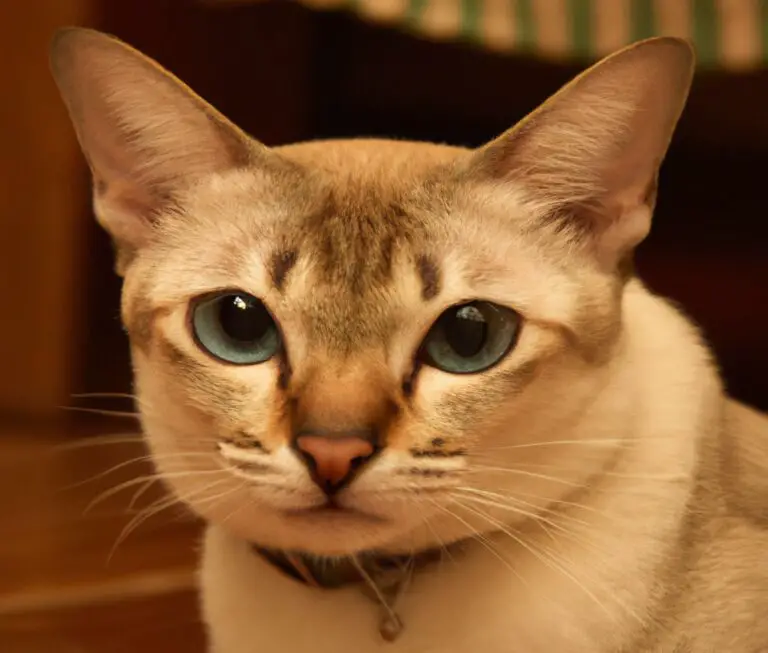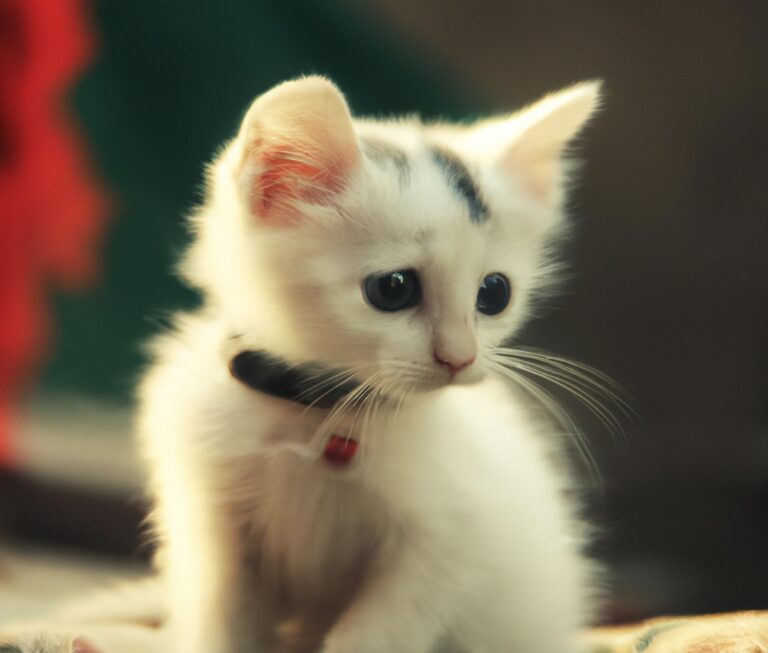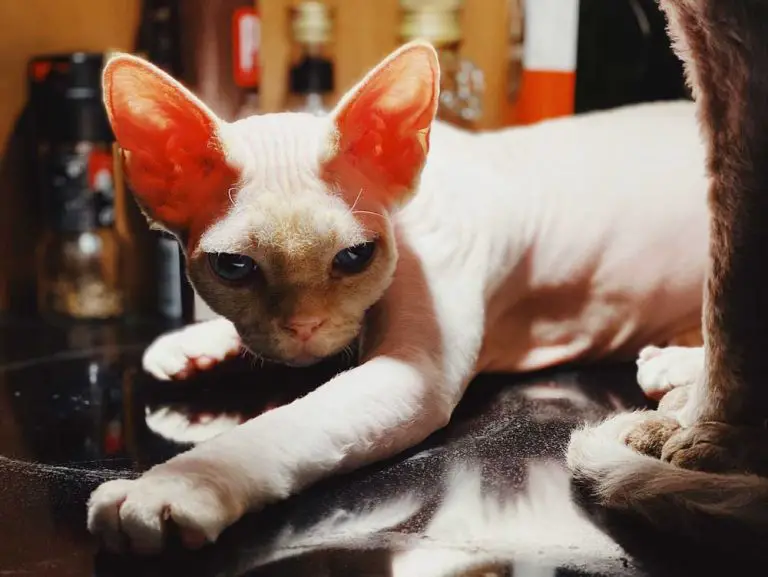Choosing The Right Cat Breed For Your Family
When choosing a cat breed for your family, consider your lifestyle, home size, and any allergies. Research each breed’s personality, grooming needs, and activity level to find one that fits best in your home.
When it comes to choosing the right cat breed for your family, there are a lot of things to consider. From how much time you have to spend with your cat to what other pets you have at home and how much space you have for your cat, the list can seem overwhelming. But with the right information, picking the perfect cat breed for your family will be a whole lot easier.
I can tell you from personal experience that deciding on the right cat breed is a real challenge. Before getting our tabby, I spent weeks researching different cat breeds and trying to figure out which one would fit best into our family. I had to consider the temperament of different breeds, the cost of owning a cat, and the life expectancy of the breed I was considering.
With all this in mind, I’d like to share some of my best advice for choosing the right cat breed for your family. From what to consider when choosing a breed to how much grooming you’ll need to do, here’s what you need to know to make the best decision.
What should you consider when choosing a cat breed?
Choosing the right cat breed for your family can be a challenge, but with a few considerations, you can find the perfect feline companion.
First and foremost, you must consider your lifestyle when selecting a cat breed. If you’re looking for a low-maintenance pet, then you may want to consider shorthaired breeds like the British Shorthair or the Bengal. On the other hand, if you’re looking for a more active and outgoing breed, then you may want to consider longhaired cats like the Ragdoll or the Maine Coon.
Next, you should consider your home environment. Do you live in an apartment, or do you have a large home with plenty of space? If you are in an apartment, you should look for breeds that don’t require a lot of space and can adapt to smaller living conditions, like the Siamese or the Persian. On the other hand, if you have a large home, then you should look for breeds that are more active, such as the Maine Coon or the Bengal.
Finally, you need to consider your budget. Some breeds are more expensive than others, so you should make sure to do your research before making a purchase. You should also take into account the costs of food and medical care for the breed you choose.
Choosing the right cat breed for your family can be a daunting task, but if you take the time to consider your lifestyle, home environment, and budget, you can find the perfect furry friend for your family. With a little bit of research and a lot of love, you can find the perfect cat breed for your family.
How much time do you have to spend with your cat?
It’s up to you how much time you want to spend with your cat! While all cats require regular care, some breeds are better suited for people who don’t have much time to dedicate to their pet. For example, Siamese cats are independent and relatively low-maintenance. They don’t require as much attention as other breeds, and can easily be left alone for a few hours at a time. But if you want to give your cat plenty of attention, there are plenty of breeds that thrive in a more interactive environment. Persian cats, for example, are known for their sweet and affectionate personalities, and they love to spend quality time with their owners.
No matter what breed you choose, it’s important to make sure that you’re providing your cat with enough attention. Even if you don’t have a lot of time to spend with your cat, making time for activities like playtime, grooming, and cuddling can make a big difference in your pet’s life. Take the time to get to know your cat and learn about its individual personality and needs. That way, you can make sure your cat is getting the attention it needs and deserves, even if you’re busy with other activities.
What are the differences in temperaments of different cat breeds?
Are you looking for the purr-fect feline for your family? It’s important to consider the temperament of the breed when choosing the right cat for your household. Different cat breeds have different temperaments, and understanding the differences can help you make the best choice.
Siamese cats are known for their intelligence and loyalty. They form strong bonds with their owners and thrive on lots of attention. If you want an outgoing and talkative cat, a Siamese might be the right fit for you.
If you’re looking for a playful and affectionate cat, consider a Ragdoll. These cats are gentle and loving, and they love to be around people. They’re also active and curious cats, so they’ll keep you entertained.
If you’re looking for a lap cat, you can’t go wrong with a Maine Coon. These cats are known for their intelligence and calm dispositions. They’re easy-going and good-natured, so they’ll be happy to snuggle up with you.
British Shorthairs are known for their laid-back and independent personalities. They’re loyal and affectionate cats, but they don’t need quite as much attention as some of the other breeds. If you’re looking for a cat that will give you plenty of space, a British Shorthair might be the right choice.
When it comes to choosing the right cat for your family, it’s important to think about the temperament of the breed. Different cats have different personalities, and understanding the differences can help you make the best choice. Consider your lifestyle and the personality of the breed to find the purr-fect fit for your family.
What other pets do you have in your home?
If cats aren’t the only pet in your home, you’re not alone! Many families have multiple pets, and it can be an enjoyable and enriching experience.
If you already have a dog in your home, you’ll want to consider breeds that are compatible and get along well with canines. Ragdoll cats, Devon Rexes, and Turkish Vans are all great options. They’re smart, easy to train, and known for their friendliness.
If you have small children in the house, breeds like the British Shorthair, Cornish Rex, or Maine Coon are great choices. These cats are patient and calm, and they enjoy playing and cuddling with kids.
If you have fish or reptiles, choose a breed that is laidback and not likely to cause any disruption. The Russian Blue, Sphynx, and Oriental Shorthair are all known for their laidback natures.
No matter what pets you have in your home, you’re sure to find a cat breed that’s the perfect fit for your family.
How much space do you have for your cat?
When choosing the right cat breed for your family, the amount of space you have available is an important factor. The good news is that all cats need roughly the same amount of living space, regardless of their breed. A standard rule of thumb is that your cat should have at least 18 square feet of space. This means that if you have a relatively small apartment, you should be able to accommodate a cat comfortably.
Of course, some cats may need more space than others. If you’re looking at a larger or more active cat, such as the Maine Coon or the Siberian, they’ll need more room to move around in. If your space is limited, you may want to look at a smaller cat breed such as the Siamese or the Bengal.
The size of your cat’s litter box is also important. Most cats need a box that’s at least one and a half times as long as their body. So for a small cat, you’ll need a litter box that’s at least 12 inches long. If you’re getting a larger breed, you’ll need a litter box that’s at least 18 inches long.
Finally, it’s important to consider how much outdoor space your cat needs. If you live in a rural area, your cat may be able to roam outside safely. If you live in the city, you may need to construct an outdoor enclosure or purchase a harness and leash so your cat can explore outdoors in a safe, enclosed area.
In short, when it comes to choosing the right cat breed for your family, the amount of space you have available is an important factor. All cats need roughly the same amount of living space, but larger breeds will need more room to move around in and larger litter boxes. Additionally, it’s important to consider how much outdoor space your cat needs. With the right amount of space, your cat will be able to thrive in your home.
How much grooming do you want to do for your cat?
You’ve decided to get a cat and you’re already thinking about the kind of breed that would be perfect for your family. But before you commit to a particular breed, you should also think about how much grooming you are willing to do.
No matter which breed you get, you will need to brush them regularly, but some cats require more grooming than others. Long-haired cats, like Persians, need extra brushing and combing, as well as occasional trips to the groomers for a trim or bath.
Short-haired cats, like Siamese cats, don’t need as much brushing, but they will still require regular brushing, especially during shedding season. They also need more frequent baths than long-haired cats so their coats stay clean and healthy.
Some breeds, such as Oriental Shorthairs, need almost no grooming. They may only need a weekly brushing and occasional baths. This type of breed is a great choice if you’re looking for a low-maintenance cat.
No matter which breed you choose, it’s important to be aware of the grooming requirements before you commit to the cat. Keeping your cat’s coat clean and healthy is an important part of responsible pet ownership.
What is the cost of owning a cat?
Owning a cat can be fairly inexpensive, especially compared to other household pets like dogs. On average, the cost of caring for a cat is around $500 per year. This includes basic supplies like a litter box, food, and vet visits. Of course, this cost can vary greatly depending on the breed and age of your cat.
You will also need to consider the upfront cost of buying a cat. If you are looking for a purebred, you’ll likely need to pay a few hundred dollars. Rescuing a cat from a shelter is much cheaper and can cost around $50.
In addition to the basic supplies, you’ll need to factor in costs like toys, bedding, and grooming. If you plan on taking your cat to the vet regularly, you should also factor in the cost of vaccinations. Depending on the breed, you may need to pay extra for specialized grooming or medical needs.
Overall, the cost of owning a cat will depend on many factors like breed, age, and medical needs. But with a few basic supplies and regular vet visits, you can expect to spend around $500 per year on your furry friend.
What is the life expectancy of the cat breed you are considering?
If you’re looking for the perfect furry addition to your family, you may be wondering about the life expectancy of the cat breed you’re considering. Generally, the average life expectancy of cats is around 13 to 17 years, depending on the breed.
For example, Maine Coons are one of the longest lived breeds and can have a life expectancy of up to 20 years. On the other hand, the Bengal breed is known to have a shorter lifespan of 10 to 15 years.
No matter the breed, there are certain factors that can extend or shorten a cat’s lifespan. Providing your cat with a healthy diet and plenty of exercise can help give your cat the best chance of living longer. Also, regular check-ups with a veterinarian can help detect any underlying medical or health issues that can shorten your cat’s life.
Ultimately, doing your research and speaking with a vet can help you determine the best breed of cat for your family, and what to expect from your cat’s life expectancy. By understanding the breed of cat you are considering and taking good care of your cat, you can ensure that your new family member will have a long and happy life.
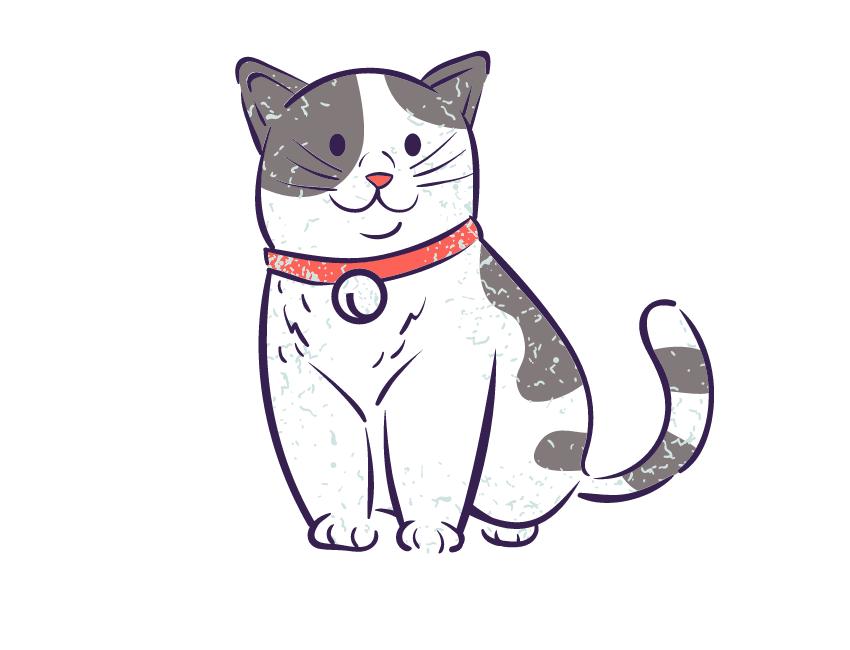
Frequently Asked Questions
What breed of cat would best fit your family’s active lifestyle?
If your family is active and wants a cat to keep up with them, consider a breed like the Bengal or the Oriental Shorthair. These breeds are well-known for their high energy and curiosity. They love to play and explore, making them great companions for active families.
How can you determine if a particular breed of cat will get along with your other pets?
When choosing a cat breed for your family, it’s important to consider how it will get along with your other pets. The best way to do this is to research the breed’s temperament and known behavior traits. You can also talk to a veterinarian or animal shelter to find out more. Additionally, ask a breeder if you can interact with the kittens in their litter to get a sense of how they interact with other animals.
What kind of cat breed is best suited for families with small children?
When choosing a cat breed for a family with small children, it is important to look for a breed that is known to be affectionate, friendly and patient. Breeds such as the Maine Coon, Persian and Ragdoll are great options as they tend to be gentle and tolerant with children. Alternatively, the British Shorthair and the Exotic Shorthair are both also known for their placid, relaxed personalities.

